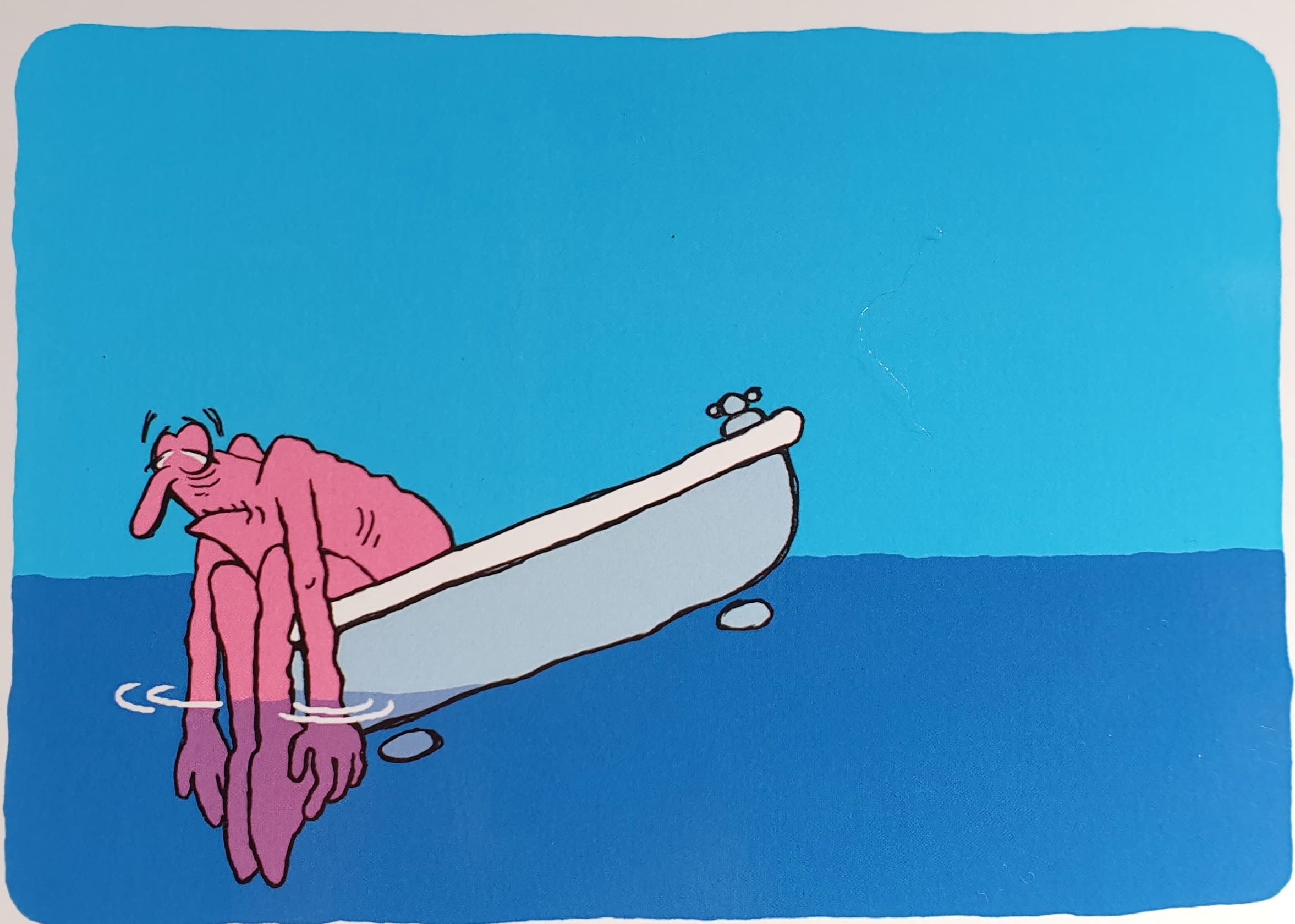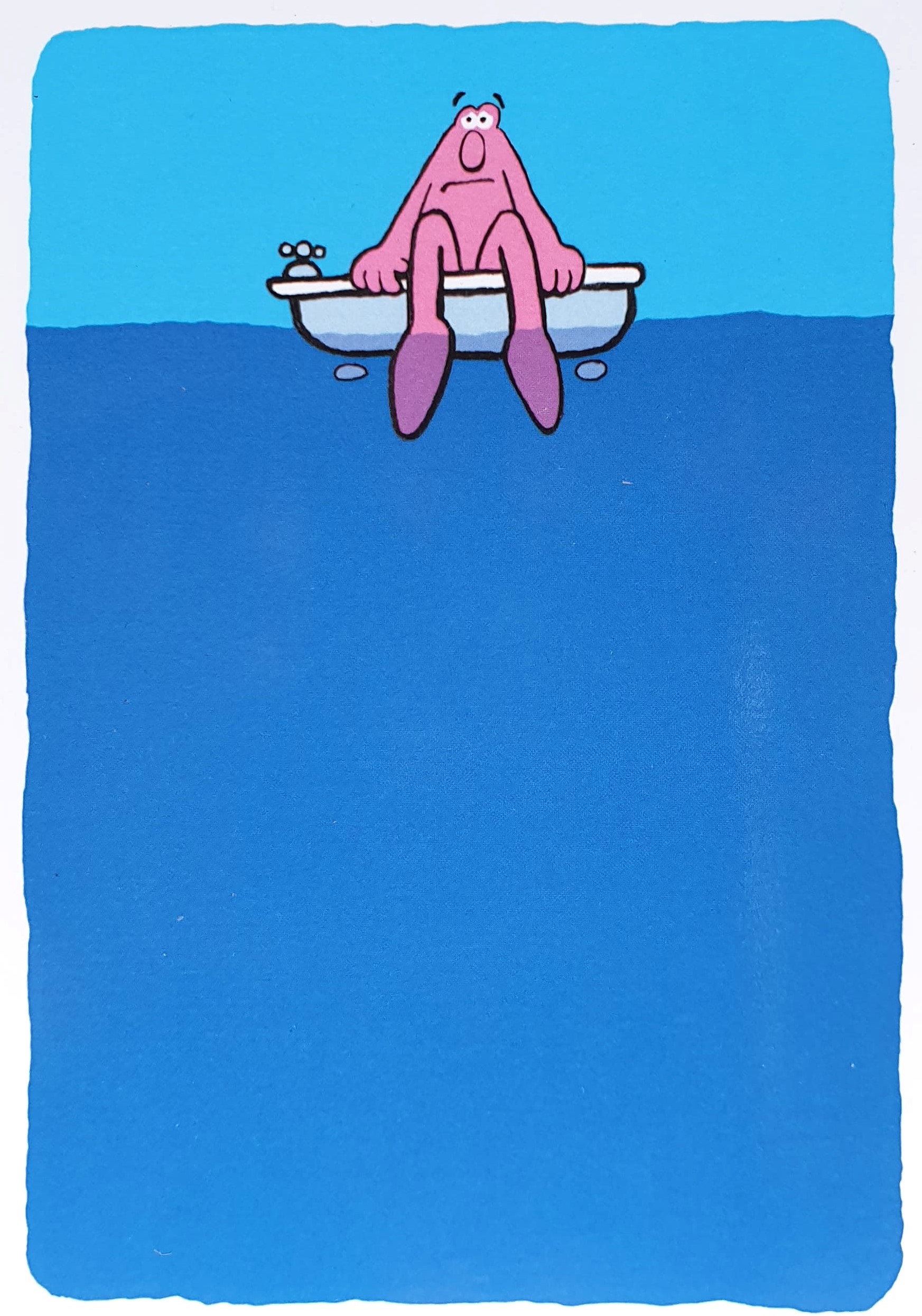In this reflection, our author shares the skills and knowledge she holds for managing depression. This story emerged after we read together the story of Ebony which was published by Sarah Penwarden in her work with young women at a New Zealand High School. The reflection begins with an excerpt from Ebony’s story, followed by our author’s story.
EBONY’S FIGHT WITH DEPRESSION – in which she holds onto what she’s learned and what she knows
After many years of depression Ebony knew depression quite well. It was familiar; it could suck you in.
Depression was like a well; a daunting, dark and gloomy well. It was made out of grey stone, and had sides to it. When she was at the bottom of the well, she couldn’t climb out of it.
Ebony learned that you’ve just got to stop yourself reaching the bottom of the well. She‘d also learn that others can help you up. Some people can do this without even realising it. She knew from experience that once you were in the well, it was very hard to climb back up. She could fall
back down the well by letting one thing get to her.
There were times when Ebony could see herself perched on the edge of the well, sitting on the top; feeling unsteady, swaying, waiting for one gust of wind to push her off balance. All she could do was to try to fall back instead of forward; back onto the grass, rather than forward into the well. Even though falling back would be difficult and painful, it would be better than falling into the well. It was all relative.
Up on the grass, she had people there to break her fall, people to support her. That was the advice she wanted to give herself: fall back instead of forward. It will eventually get better. The grass was soft and there was shorter to fall. She just needed the courage to fall back.
This was difficult because the well was very familiar, and falling backwards involved complete trust. There was something slightly welcoming to her about the well. There was so much comfort in the
depression. No-one else seemed to understand that. But down in the well she knew would become accustomed to being alone in a cold, dark place. It felt safe down there; no-one could harm her. But then she would look up and see something beautiful – a bird, a butterfly, someone’s face, and this would give her determination to climb up.
I recently heard Ebony’s ‘Fight with Depression’ story. I really liked this story and I connected with her experience of depression being like falling into a dark and gloomy well. I noticed how hard Ebony tried to ‘fall back instead of forward’ into the well because once she had fallen into the well it was very hard to climb back up. This got me thinking about how ‘falling back’ requires a lot of trust. Trust that people will be there for you. For me, trust is when you know you have people behind you and you have a history of supporting each other. If you support them, then you know they will be there for you when you need it. I’ve been there supporting my brother in the past and I know he will be there for me. For me this is having a good balance in the relationship. Balance is important when trying to get out of the well of depression. Without balance, you might fall in.

For me, depression lurks in the deep, dark water underneath my boat. It makes me not care if I fall in or not. When I feel myself slowing dipping into the darkness, life feels bland and exhausting. Its hard to see life being any different. It takes away my motivation to live and I all I feel is pain. Sitting on the edge of that boat, I feel like I’ve lost myself.
Depression makes you withdraw from relationships with people and with life. It takes me away from doing my assignments and stuffs up my routine. It pulls you down into the dark water and disrupts the balance. It makes me not bothered to ask for help.
There are some things that help to keep me in the boat.

Friends distract me from falling in. The best kind of friends are ones that are fun, easy to talk to and don’t push subjects onto you. They might gently make suggestions like how to get better sleep. They are looking out for me. They include me in things. They have a good balance of logic and emotion. When I lack logic in my thinking or cannot connect with myself emotionally, they help me out. They read me well. These friends have good balanced lives. They are not fussed about the future or the past; they help me stay in the present moment. I appreciate that they are not self centred.
Depression has me wanting to keep my emotional and dark thoughts to myself. I’ve learnt that its healthier to project these thoughts onto other people like counsellors. I also know I can talk to my brother. I know that he has dealt with his own depressing emotions before. We have dealt with tough situations together in the past and have been able to get things off our chest. We developed a bond. So recently when I found myself in the dark depressing waters, my mum got him on the phone. My brother doesn’t undermine a problem. He thinks all problems are on the same level, none is more important than another. So even if my problems are different to his, he still values my experience. That’s where trust comes in. I can ‘fall back’ and trust my brother to be there for me.
Opportunity to be an Outsider Witness to this story
After reading this story, we invite you to write a message to send back to the author. Here are some questions to guide your response.
- As you read this story, were there any words or phrases that caught your attention? Which ones?
- When you read these words, what pictures came to your mind about the authors hopes for her life and what is important to her (ie. dreams, values and beliefs)? Can you describe that picture?
- Is there something about your own life that helps you connect with this part of the story? Can you share a story from your own experience that shows why this part of the story meant something to you?
- So what does it mean for you now, having read this story? How have you been moved? Where has this experience taken you to?
Please contact us with your response and we will forward your message to the author of this story.
